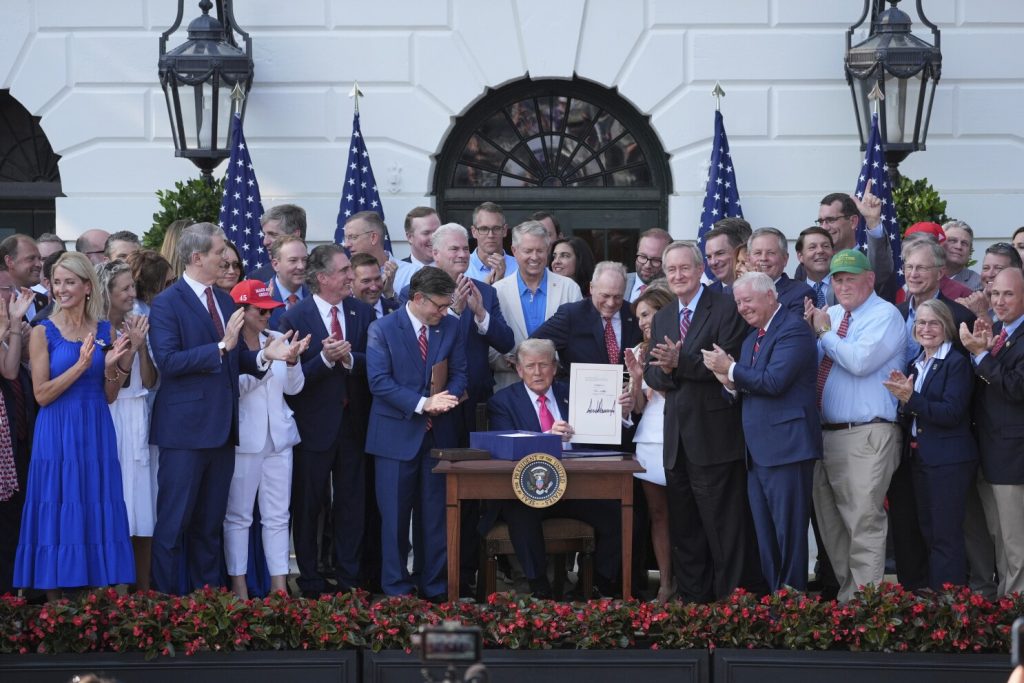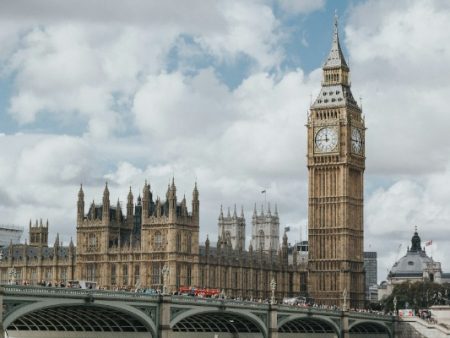A provision added to the GOP’s budget law has the gambling industry up in arms. But who added it remains a mystery.

Afoot on Capitol Hill, there’s a mystery afoot. Republicans tucked a tax provision into the megabill that President Donald Trump signed on July 4. It surprised most, if not all, of the Republican members of Congress who voted for it. The provision limits how much gamblers can deduct from their income taxes based on their losses. And nobody seems to know how it ended up in the bill.
The riddle before us reminds us that lawmakers often support legislation without knowing all its relevant details because others pressure them to do so. It’s also why, if only to save themselves embarrassment, these GOP senators would have done well to resist the arbitrary demand of Trump that they give him a big, beautiful bill to sign by the Fourth of July. The American public deserves better than lawmakers who prioritize passing a bill through an arbitrary deadline over knowing exactly what their vote will do.
Some may view the new limitation on gambling deductions as good public policy, since it brings in new revenue from an extremely niche and relatively unsympathetic interest group. Yet, the insertion of the tax provision into the bill is a major scandal through Washington standards. It’s not the what but the how that’s most intriguing like the most interesting crimes in the Holmesian canon.
As of today, professional gamblers can deduct all of their losses against their winnings. They do this when reporting their income taxes. However, language in the nearly 900-page legislation says that starting next year, they’ll only be able to deduct 90%. Even though it might sound minor, it’s actually a major problem for people who make their living playing the odds. The Washington Post explained this in detail.


